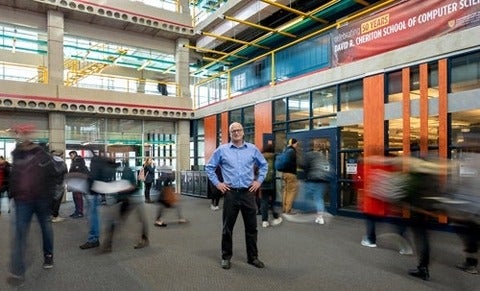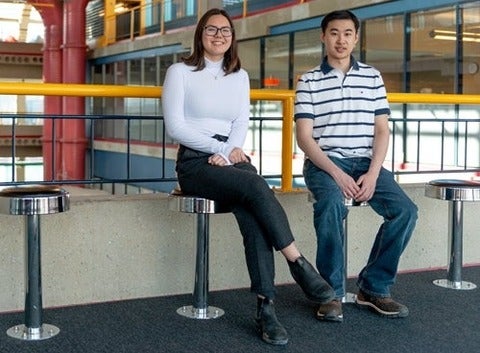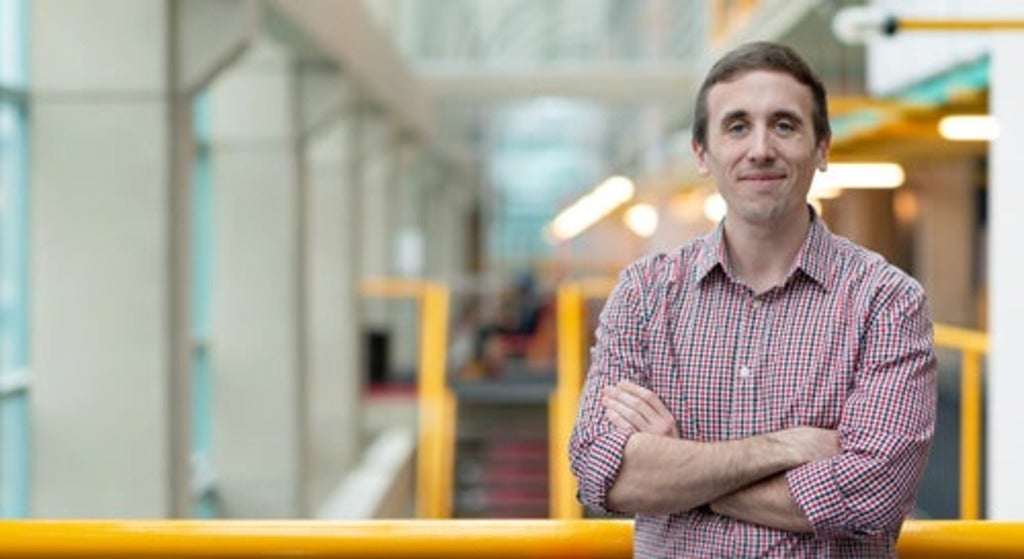Jimmy Lin spearheads creation of new AI-powered search engine to make it easier to find information in the fight against COVID-19
Cheriton School of Computer Science Professor Jimmy Lin has spearheaded the creation of a dedicated search engine for those who are engaged in the fight against COVID-19.








